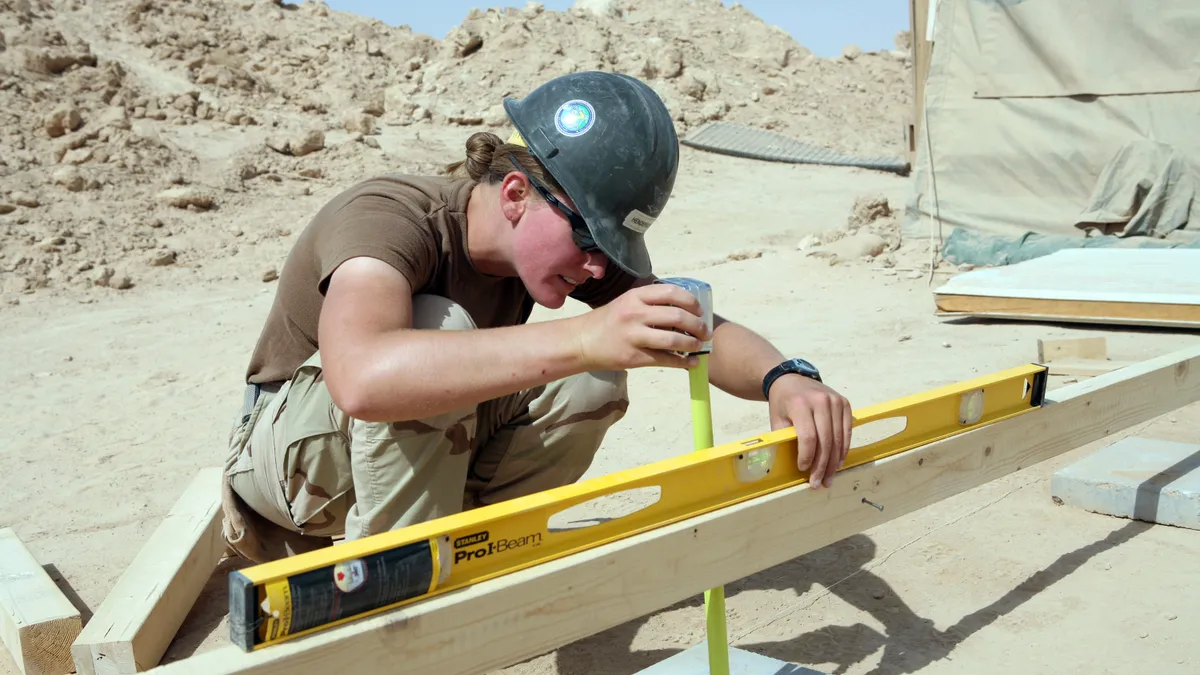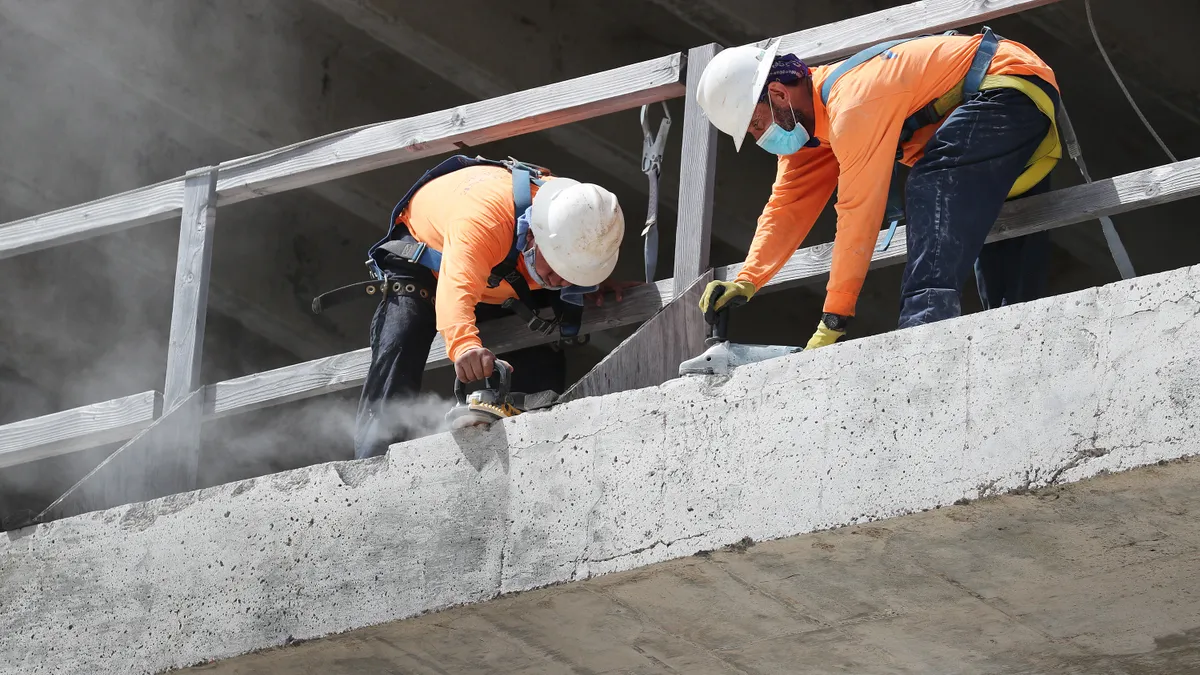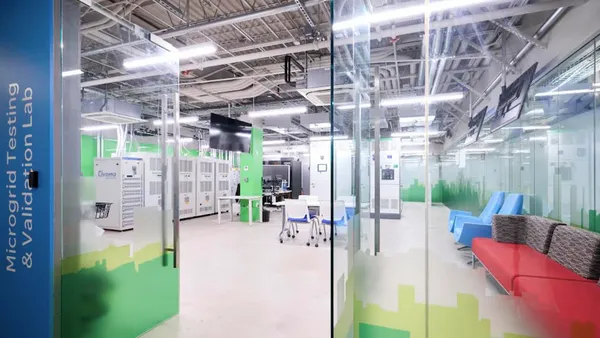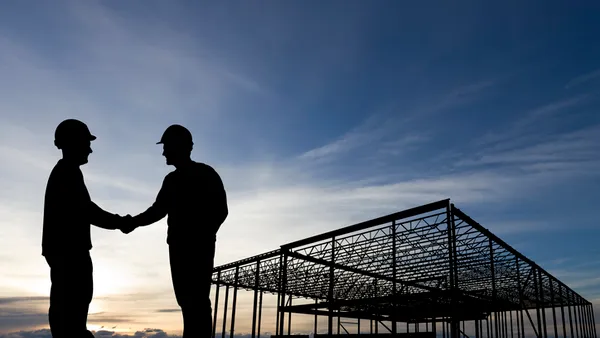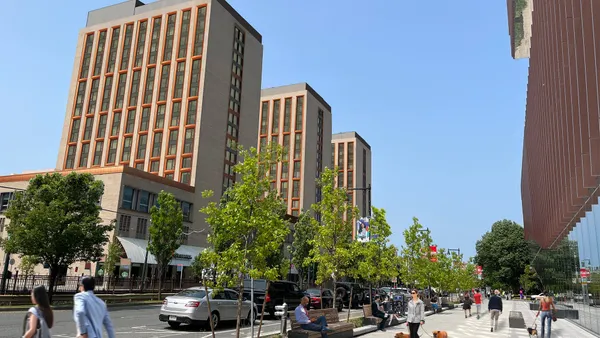Dive Brief:
- The Occupational Safety and Health Administration (OSHA) has reestablished its commitment to creating safer working conditions for women in the construction industry by renewing its relationship with the National Association of Women in Construction (NAWIC) through the agency's OSHA Alliance Program, according to Safety + Health.
- The five-year initiative from NAWIC and OSHA will address women-specific workplace concerns like selecting the appropriate personal protective equipment (PPE), sanitation and gender-based threats through intimidation and violence.
- The campaign will use both the agency's and NAWIC's websites and live events, print and electronic media, and relationships between NAWIC's local chapters and OSHA's regional offices to provide information about and prevent hazards affect women on the job site.
Dive Insight:
OSHA previously launched a webpage dedicated to promoting the safety of women construction workers and laying out the unique challenges women may face on the jobsite. One major concern is PPE — notably, making sure that there is safety equipment available that fits women who are often smaller in stature or otherwise not suited for the PPE worn by their male counterparts.
In addition to concerns over PPE, a lack of sanitary or adequate bathroom facilities has also disproportionately affected female construction workers. Because of a lack of adequate bathroom facilities on some project sites, some women construction workers have reported that they don't drink water during the day to avoid having to use the facilities. This has led to an increased rate of bladder and kidney infections among female workers.
As the construction labor shortage rages on, the industry has begun to shift its focus toward a relatively untapped labor supply — women. According to some of the latest statistics, women make up about 9% of the construction workforce, but that number diminishes when focusing on the more lucrative trades and leadership roles.
Part of the reason can be chalked up to a lack of awareness about the career opportunities that the construction industry can provide, but other barriers can also arise if those in a position to hire workers assume that women can't perform as well as men or that they will not fit into the male-dominated culture of most construction sites.
Kelly Johnson, director of Custom Home Coordinators at Atlanta-area Construction Resources, told Construction Dive in 2016 that more construction-related educational opportunities could be the key to enticing more women into the industry. Whether the beneficiary of a formal education or not, Mary Davolt, chief financial officer of Englewood Construction, said it's important that women "know your stuff" and earn respect as a knowledgeable addition to the team.


